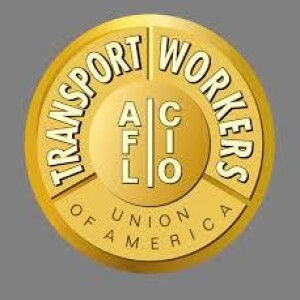
On this day in labor history, the year was 1963.
That was the day Transport Workers Union Local 260 negotiated its first contract with the Pioneer Bus Company in Houston Texas.
It came after months of fighting to build an integrated union there.
The local had learned the previous year that Pioneer was organized by an “independent union” that maintained Jim Crow bargaining units.
The Drivers, Dispatchers and Shop Employees Union maintained separate and unequal bargaining units, one for white workers and one for black workers.
They also had separate seniority lists, representation and levels of promotion.
The TWU filed a petition with the National Labor Relations Board, against the drivers union.
They demanded an election.
The existing union argued that collective bargaining agreements already existed, which precluded any possibility of holding a new election for representation.
The TWU pushed back.
They contended that the contract-bar rule could not apply to discriminatory agreements that divided workers along racial lines.
The TWU also argued that it would be unconstitutional for the Board to uphold Jim Crow contracts.
The Board agreed with the TWU and threatened to decertify the drivers union on the basis of racial discrimination.
They concluded that, “Where the bargaining representative of employees in an appropriate unit executes separate contracts, or even a single contract, discriminating between Negro and white employees on racial lines, the Board will not deem such contracts as a bar to an election.”
In the days before the 1964 Civil Rights Act, the Board drew from Brown v. Board of Education to issue its ruling, which came in December 1962.
The TWU won the election by a 3-1 margin and championed the end of Jim Crow at Pioneer.
More Episodes
 2024-09-09
2024-09-09
 2024-09-07
2024-09-07
 2024-09-06
2024-09-06
 2024-09-06
2024-09-06
 2024-09-05
2024-09-05
 2024-08-30
2024-08-30
 2024-08-28
2024-08-28
 2024-08-27
2024-08-27
 2024-08-26
2024-08-26
 2024-08-25
2024-08-25
 2024-08-23
2024-08-23
 2024-08-23
2024-08-23
Create your
podcast in
minutes
- Full-featured podcast site
- Unlimited storage and bandwidth
- Comprehensive podcast stats
- Distribute to Apple Podcasts, Spotify, and more
- Make money with your podcast
It is Free
- Privacy Policy
- Cookie Policy
- Terms of Use
- Consent Preferences
- Copyright © 2015-2024 Podbean.com




